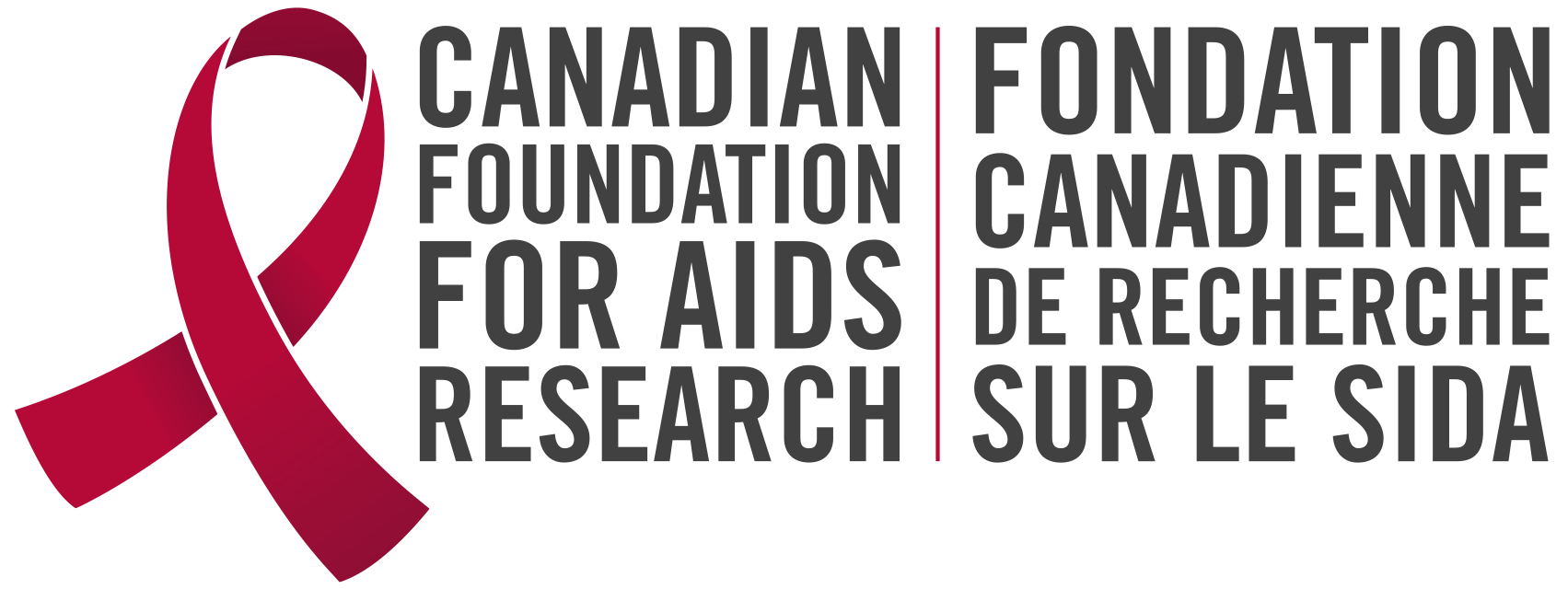CANFAR continues with its key research partnerships in the areas of HIV prevention, treatment, care, and cure.
CANFAR is proud to partner with other leading HIV research centres in Canada and abroad on projects such as the funding of an HIV lab at the University of Toronto and the establishment of an HIV Chair position at St. Paul’s Hospital in Vancouver. As we move into our 30th year, CANFAR’s research partnerships show strength in their breadth and diversity.
Prevention Research
PrEP Implementation
In Canada, a new prevention strategy called PrEP (pre-exposure prophylaxis) is being prescribed for high-risk individuals, which calls for the daily use of HIV medication prior to a potential infection. However, PrEP is controversial because there are gaps in research regarding its prevention potential that may be affected by risk behaviour, sexual transmission, patient adherence to medication, and stigma.
There are also concerns regarding equitable access because many high-risk HIV individuals are also members of marginalized communities. Dr. Darrell Tan is investigating these concerns by studying 1,250 PrEP users in Ontario through a cohort study over the course of three years. Results from this study will help inform future efforts to best roll-out PrEP programs and improve their access across Canada.
CANFAR is partnering with the Ontario HIV Treatment Network (OHTN) and REACH 2.0 for this three-year research partnership.
Postdoctoral Fellowship
CANFAR is proud to have supported post-doctoral fellowships through the Canadian HIV Trials Network (CTN). This is our 15th year supporting a new researcher who is breaking into the HIV field.
This year, Dr. Malika Sharma has been investigating how to empower patients to educate their doctors on the value of PrEP. By encouraging doctors to learn more about PrEP, it will improve the potential roll-out for the program and ensure that more people who want or need access to the program will receive it.
Engage
More than half of new HIV infections in Canada are contracted by gay, bisexual and other men having sex with men (MSM). This study works to understand the health needs and realities of this population in Vancouver, Toronto, and Montreal so that improved HIV prevention programs can be implemented to better serve this population.
This study is headed by Dr. Trevor Hart and will engage the MSM community, otherwise known as community-based research. The Engage project will establish committees these three Canadian cities to create collaboration between communities and researchers. In each location, at least 700 qualifying men will be surveyed and based on the data collected, each committee will formulate an HIV prevention intervention in their respective cities. These interventions will target the health outcomes for HIV and other sexually transmitted diseases in response to community prevention efforts. These will be studied and evaluated to determine best practices that can be replicated across the country to more effectively prevent new HIV infections.
CANFAR is partnering with The Canadian Institutes for Health Research (CIHR) and the OHTN on this five-year research and implementation project.
Cure Research
CanCURE
CanCURE (Canadian HIV Cure Enterprise) is a research collaboration of scientific investigators focused on studying HIV persistence and developing effective strategies towards a functional cure. Headed in Canada by Dr. Hugo Soudeyns, to date there are more than 22 studies that have resulted from this partnership that have ranged from identifying HIV characteristics at a cellular level to clinical testing possible drug treatments.
CANFAR is partnering with CIHR and the International AIDS Society (IAS) and collaborating with HIV researchers around the world to work collectively towards finding a cure for HIV.
EPIC4
The EPIC4 project is a five-year prospective study of children exposed to HIV at birth through vertical transmission (mother to child). The goal of this study is to understand if curing HIV in these children is possible when starting medication very early for babies who are born with HIV.
EPIC4 has already recruited participants and is collecting data from nine sites across Canada. As of 2017, there are 215 active participants in the study. Data collection is scheduled to end in late 2018. Children who are participants in the study are monitored every three to six months. During these visits, blood samples are collected and stored for analysis. The information from blood samples will determine how the immune system functions and identifies the presence and characteristics of HIV-infected cells. Dr. Éric Cohen is leading this research in Canada, and it is being working on collectively with other HIV researchers around the world.
CANFAR is partnering with CIHR and the IAS on this study.
Story by Cameron Dunkin, CANFAR Manager of Research & Program Integration.
Posted on Tuesday, July 25, 2017.
